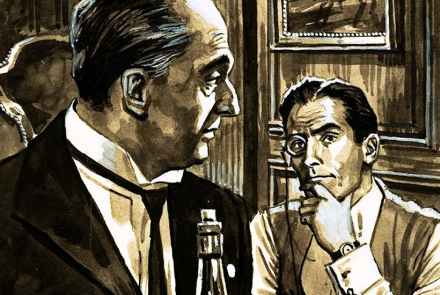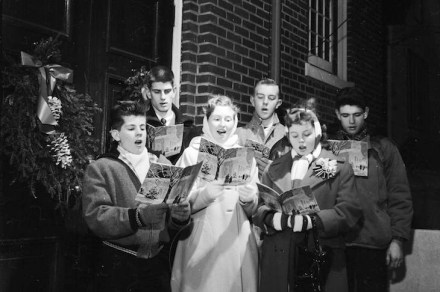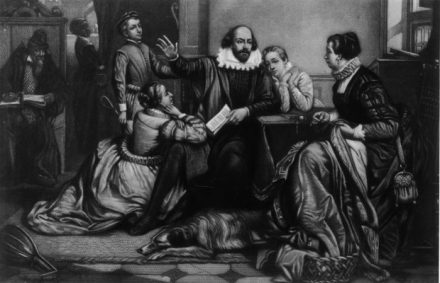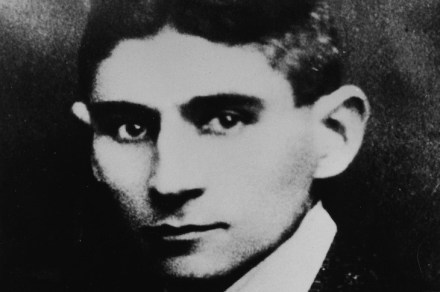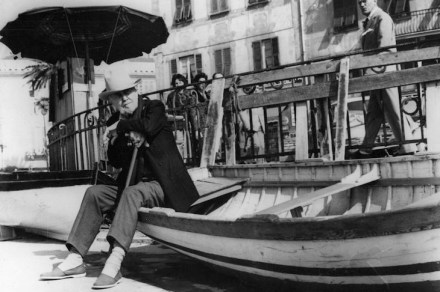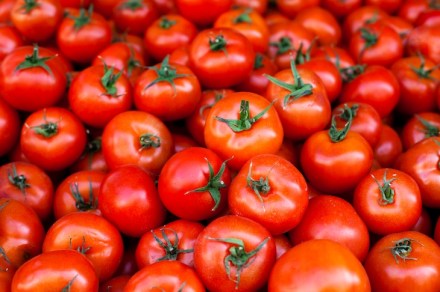Spectator competition winners: breaking up is hard to do
The invitation to competitors to write a poem entitled ‘Breaking up is hard to do’ produced an inventive, accomplished entry full of witty flourishes, from David Kilshaw’s Brexit-inspired twist on Neil Sedaka — ‘Commons, commons, down, dooby, do, down down…’ — to Dorothy Pope’s poignant haiku — ‘plum blossom petals/ mistaken now for snowflakes/ so cold is your love’. Philip Roe and Adrian Fry were especially strong performers but they were pipped by the winners below who earn £25 each. Brian Murdoch In Dame Europa’s school the teachers peered Out at the children thronging the school yard. The term seemed to have lasted forty years, But just now, breaking up





